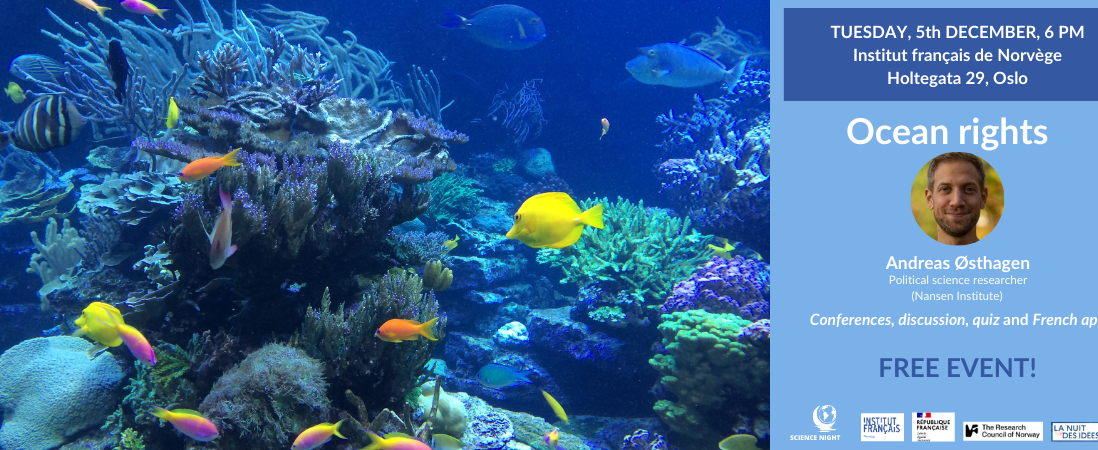Are the oceans truly open to all?
The ocean is considered being the “common heritage of humankind” since the establishment of the United Nations Convention on the Law of the Sea (UNCLOS) in 1982. The UNCLOS establishes that no state can claim sovereignty over any part of the high seas. Although the oceans are open for use by all countries, maritime law regulates the conduct of seafarers, ships, companies, and nations. Exclusive economic zones (EEZs) allow countries to claim special rights for exploring and exploiting natural resources within two hundred nautical miles of their coastlines.
Despite the openness of the oceans, there are concerns about unchecked exploitation and abuse. This raises questions about how to protect marine environments and who holds the authority to enact such protections. Recent developments indicate that maritime law plays a crucial role in ensuring ocean sustainability and global environmental health. However, the challenges posed by climate change necessitate adaptations to UNCLOS to address emerging issues like air pollution from maritime transport, Arctic ice-melt, and rising sea levels. This Science Night aims to explore these topics through lectures on maritime law.
Speaker: Andreas Østhagen (Senior researcher at the Nansen Institute) is specialized in the political dynamics in the Arctic and the northern regions and more over on security and geopolitics. He tries to understand the concept of maritime borders and to look at who «owns» the sea and the geopolitical dynamics there.

He will talk about “Ocean Geopolitics: From the Arctic to the Mediterranean”?: Indeed, ocean geopolitics are changing. Environmental concern and resource extraction are leading to increased interest in who owns what, at sea. How do states delineate such ownership and rights? What does this tell us about international politics concerning the ocean? These are the core questions examined in this talk, which show why some states settle their maritime boundary disputes, whereas other disputes erupt into conflict. Better understanding ocean geopolitics can help comprehend not only why states settle their maritime boundary disputes, but also what the future brings for disputes over maritime space – looking particularly at the Arctic.
PROGRAM:
• Conference and discussion
• Quiz !
• French buffet
Please register to attend:
If you wish to follow the presentation via Zoom, here’s the information you need to connect: https://us06web.zoom.us/j/83986405994?pwd=xmveVYdT4KVyC3a3kyR6tPHjDdtlKQ.FwDb_BJ6pkW5575y
Code : 906117 // Webinar number : 839 8640 5994
